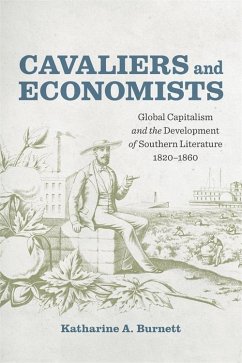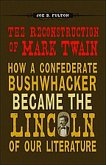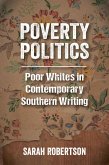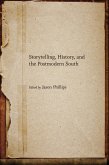Offering a compelling intervention in studies of antebellum writing, Katharine A. Burnett's Cavaliers and Economists: Global Capitalism and the Development of Southern Literature, 1820-1860 examines how popular modes of literary production in the South emerged in tandem with the region's economic modernization. In a series of deeply historicized readings, Burnett positions southern literary form and genre as existing in dialogue with the plantation economy's evolving position in the transatlantic market before the Civil War.
The antebellum southern economy comprised part of a global network of international commerce driven by a version of laissez-faire liberal capitalism that championed unrestricted trade and individual freedom to pursue profit. Yet the economy of the U.S. South consisted of large-scale plantations that used slave labor to cultivate staple crops, including cotton. Each individual plantation functioned as a racially and socially repressive community, a space that seemingly stood apart from the international economic networks that fueled southern capitalism. For writers from the South, fiction became a way to imagine the region as socially and culturally progressive, while still retaining hallmarks of "traditional" southern culture-namely plantation slavery-in the context of a rapidly changing global economy.
Burnett excavates an elaborate network of transatlantic literary exchange, operating concurrently with the region's economic expansion, in which southern writers adopted popular British genres, such as the historical romance and the seduction novel, as models for their own representations of the U.S. South. Each chapter focuses on a different genre, pairing largely under-studied southern texts with well-known British works. Ranging from the humorous sketch to the imperial adventure tale and the social problem novel, Cavaliers and Economists reveals how southern writers like Augusta Jane Evans, Johnson Jones Hooper, Maria McIntosh, William Gilmore Simms, and George Tucker reworked familiar literary forms to reinvent the South through fiction.
By considering the intersection of economic history and literary genre, Cavaliers and Economists provides an expansive study of the means by which authors created southern literature in relation to global free market capitalism, showing that, in the process, they renegotiated and rejustified the institution of slavery.
Hinweis: Dieser Artikel kann nur an eine deutsche Lieferadresse ausgeliefert werden.
The antebellum southern economy comprised part of a global network of international commerce driven by a version of laissez-faire liberal capitalism that championed unrestricted trade and individual freedom to pursue profit. Yet the economy of the U.S. South consisted of large-scale plantations that used slave labor to cultivate staple crops, including cotton. Each individual plantation functioned as a racially and socially repressive community, a space that seemingly stood apart from the international economic networks that fueled southern capitalism. For writers from the South, fiction became a way to imagine the region as socially and culturally progressive, while still retaining hallmarks of "traditional" southern culture-namely plantation slavery-in the context of a rapidly changing global economy.
Burnett excavates an elaborate network of transatlantic literary exchange, operating concurrently with the region's economic expansion, in which southern writers adopted popular British genres, such as the historical romance and the seduction novel, as models for their own representations of the U.S. South. Each chapter focuses on a different genre, pairing largely under-studied southern texts with well-known British works. Ranging from the humorous sketch to the imperial adventure tale and the social problem novel, Cavaliers and Economists reveals how southern writers like Augusta Jane Evans, Johnson Jones Hooper, Maria McIntosh, William Gilmore Simms, and George Tucker reworked familiar literary forms to reinvent the South through fiction.
By considering the intersection of economic history and literary genre, Cavaliers and Economists provides an expansive study of the means by which authors created southern literature in relation to global free market capitalism, showing that, in the process, they renegotiated and rejustified the institution of slavery.
Dieser Download kann aus rechtlichen Gründen nur mit Rechnungsadresse in A, D ausgeliefert werden.
Hinweis: Dieser Artikel kann nur an eine deutsche Lieferadresse ausgeliefert werden.









